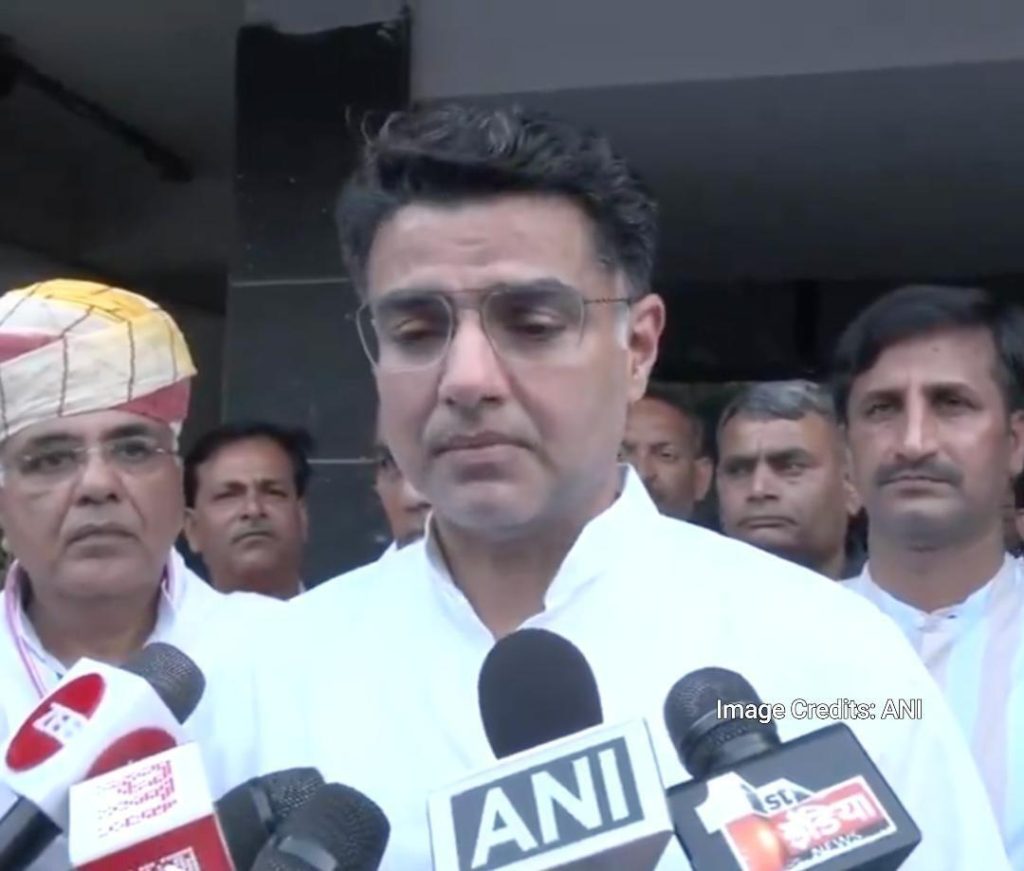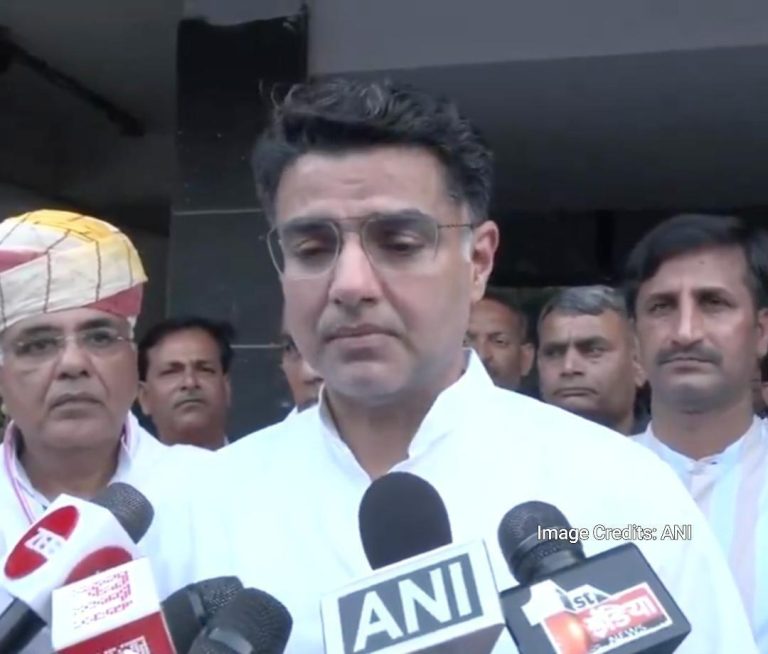
Govt accepted there was a security failure: Pilot on J&K attack
The recent terrorist attack in Pahalgam, Jammu and Kashmir has sent shockwaves across the nation, leaving many wondering how such an incident could have occurred under the noses of the security forces. Congress leader Sachin Pilot has weighed in on the issue, expressing his concerns about the security failure that led to the attack.
Speaking to the media, Pilot stated, “There must have been some loophole, and the government has accepted it.” He emphasized that a thorough investigation is necessary to determine how the terrorists managed to enter India and carry out the attack. However, he also urged caution and restraint, saying that this is not the time to point fingers or assign blame.
“We should stand together and give a befitting reply,” Pilot stressed, calling for unity and cooperation in the face of such a heinous act of terrorism. His words serve as a stark reminder of the gravity of the situation and the need for the government, security forces, and citizens to work together to prevent such incidents in the future.
The attack in Pahalgam, which left several people injured, has raised serious questions about the efficacy of the security measures in place in Jammu and Kashmir. The region has long been a hotbed of terrorist activity, with multiple groups operating in the area. The recent attack has highlighted the need for the government to take a more proactive approach to combating terrorism and ensuring the safety and security of its citizens.
Pilot’s comments are particularly noteworthy given the government’s response to the attack. While the government has issued a statement condemning the attack and promising to take action against those responsible, it has also acknowledged that there was a security failure. This admission is a significant departure from the government’s typical response to such incidents, which often focuses on blaming external factors or denying any security lapses.
The government’s acceptance of a security failure is a welcome development, as it acknowledges the reality of the situation and takes responsibility for any shortcomings. However, it is crucial that the government follows through on its promises and takes concrete steps to address the security concerns that led to the attack.
One of the primary concerns is the porous border between India and Pakistan. The porous nature of the border has long been a source of concern, with many experts warning that it provides a convenient route for terrorists to enter India. The recent attack has highlighted the need for the government to take a more aggressive approach to securing the border and preventing terrorists from entering the country.
Another area of concern is the lack of intelligence gathering and sharing. The attack in Pahalgam has raised questions about the effectiveness of the intelligence agencies in the region. It is clear that there was a failure of intelligence gathering and sharing, which allowed the terrorists to carry out the attack with relative ease.
The government must take a more proactive approach to intelligence gathering and sharing, ensuring that all relevant agencies are working together to gather and share information. This requires a significant overhaul of the existing system, with a focus on collaboration and information sharing.
In addition to the government, the security forces also have a critical role to play in preventing such incidents in the future. The security forces must be better equipped and trained to respond to terrorist attacks, with a focus on quick and decisive action.
The attack in Pahalgam is a sobering reminder of the ongoing threat posed by terrorism in Jammu and Kashmir. While the government’s acceptance of a security failure is a welcome development, it is crucial that concrete steps are taken to address the underlying issues that led to the attack. This requires a coordinated effort from the government, security forces, and citizens, with a focus on preventing such incidents in the future.
In conclusion, Sachin Pilot’s comments serve as a stark reminder of the gravity of the situation in Jammu and Kashmir. The government’s acceptance of a security failure is a welcome development, but it is crucial that concrete steps are taken to address the underlying issues that led to the attack. The government, security forces, and citizens must work together to prevent such incidents in the future and ensure the safety and security of all Indians.



